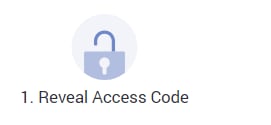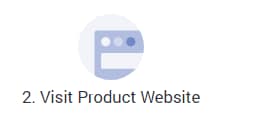Embracing an argument-based model for teaching history, the Debating American History series encourages students to participate in a contested, evidence-based discourse about the human past. Each book poses a question that historians debate--How democratic was the U.S. Constitution? or Why did civil war erupt in the United States in 1861?--and provides abundant primary sources so that students can make their own efforts at interpreting the evidence. They can then use that analysis to construct answers to the big question that frames the debate and argue in support of their position.
Industrialization and Social Conflict in the Gilded Age poses this big question: Why was industrialization in the late nineteenth century accompanied by such great social and political turmoil?











